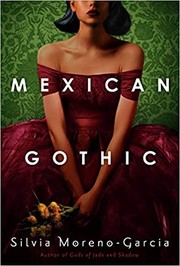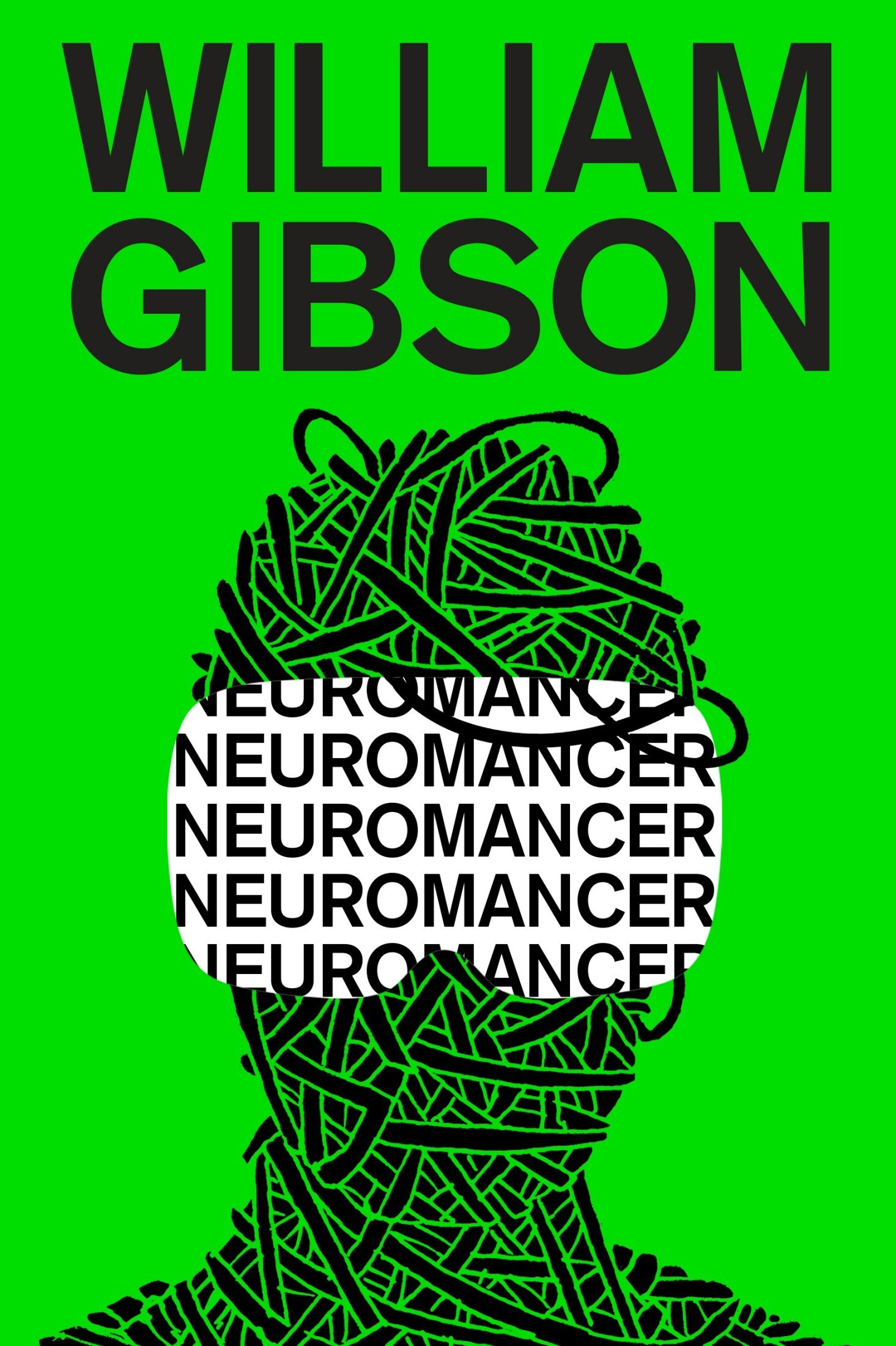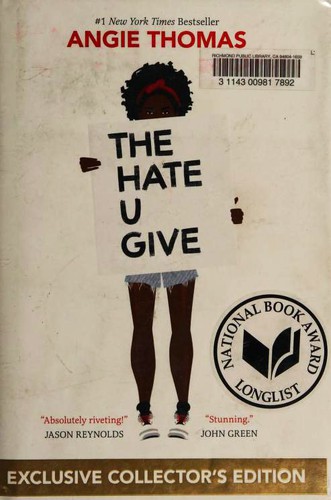
Randall Munroe: What If? (2022, STEMCOOL)
What If? by Randall Munroe
Millions of people visit xkcd.com each week to read Randall Munroe's iconic webcomic. His stick-figure drawings about science, technology, language, …
This link opens in a pop-up window

Randall Munroe: What If? (2022, STEMCOOL)
Millions of people visit xkcd.com each week to read Randall Munroe's iconic webcomic. His stick-figure drawings about science, technology, language, …

From the author of Gods of Jade and Shadow comes this reimagining of the classic gothic suspense novel, a story …

Winner of the Hugo, Nebula, and Philip K. Dick Awards, Neuromancer is a science fiction masterpiece—a classic that ranks as …
Not nearly as good as I hoped. I really liked the premise, and it started off so strong, but the book struggled finding it's own identity.
Is it a political story about creating a society from scratch? Is it a survival story about logistics and planning? Or is it a science book about orbital physics—really, do we need so much on orbital physics?
Stephenson couldn't decide what kind of book it was supposed to be, so included all three and didn't do much justice to any of them. The Martian by Andy Weir did a great job focusing on just one aspect survival, whereas in Seveneves it tries to cover it, but doesn't go deep enough to be the core of the story, and just raises more questions than explanations.
It could've used more focus, pick the main focus and gloss over the others, you don't need all the details …
Not nearly as good as I hoped. I really liked the premise, and it started off so strong, but the book struggled finding it's own identity.
Is it a political story about creating a society from scratch? Is it a survival story about logistics and planning? Or is it a science book about orbital physics—really, do we need so much on orbital physics?
Stephenson couldn't decide what kind of book it was supposed to be, so included all three and didn't do much justice to any of them. The Martian by Andy Weir did a great job focusing on just one aspect survival, whereas in Seveneves it tries to cover it, but doesn't go deep enough to be the core of the story, and just raises more questions than explanations.
It could've used more focus, pick the main focus and gloss over the others, you don't need all the details since it wouldn't be the main premise of the book.
Also, it really seems like it should've been two books. I'm not sure why the second half was included in the same book, seems like the perfect spot to end and start a book two.
Enjoyable book, see my full review here:
https://mkaz.blog/life/book-review-it-came-with-oil/
A good book that shows the importance of writing as a means of learning, regardless of subject. The first half was a little more interesting, Zinsser discovers that you can learn by writing and how some schools are using writing as tool to improve thinking and learning in all subjects.
The second half is good, but harder to engage with. It is a collection of good writing samples from various authors on various subject. Zinsser discusses the aspects that makes the writing interesting, so its read and see the examples.
If you are looking for a book to improve your writing, Zinsser's On Writing Well is the best, I highly recommend it.
I really liked how King continued the Shining story, even bridging the differences between the movie and original story. Doctor Sleep has a bit too much setup taking more than halfway through to really get going, but once it does it is enjoyable.

SIXTEEN-YEAR-OLD STARR CARTER moves between two worlds: the poor black neighborhood where she lives and the fancy suburban prep school …
I hadn't read Flowers for Algernon since high school, and probably only read the bare minimum of what was required back then. It's a classic, a great book that still holds up today.
Merged review:
I hadn't read Flowers for Algernon since high school, and probably only read the bare minimum of what was required back then. It's a classic, a great book that still holds up today.
The writing is excellent, but what I really enjoyed about this book was discovering the dedication Robert Caro has to his craft. His curiosity and willingness to do the work comes out -- from his commitment to research, to his compassion to tell well-rounded stories. The book doesn't really cover nuts-and-bolts of how to write, but dives deeper into motivation and passion and what it takes to write a complete story, and not being scared of doing the work, asking questions, or as Caro tells it "turn every page".